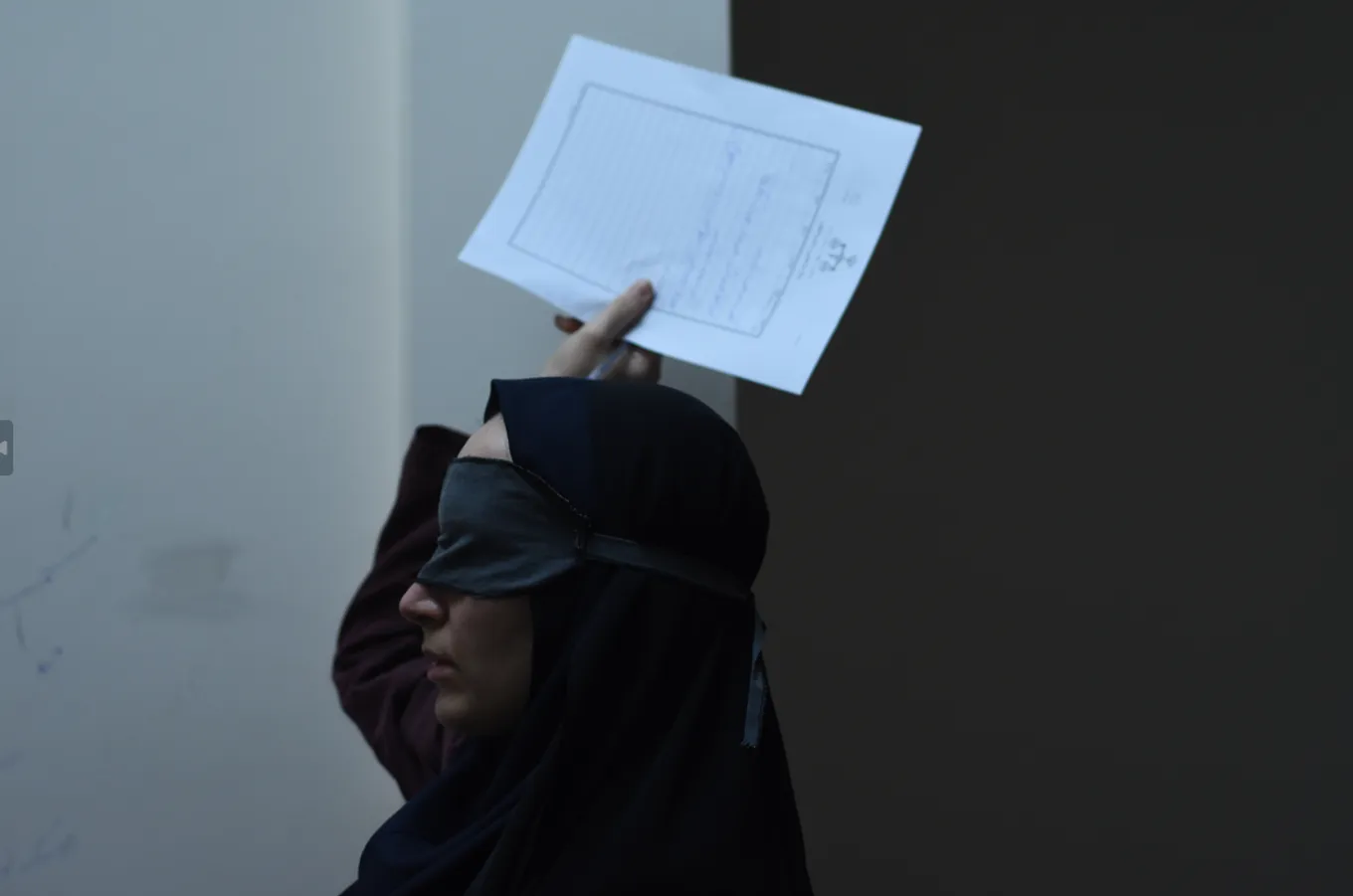Cannes 2024
The Seed of the Sacred Fig
Director and screenwriter Mohammad Rasoulof presents The Seed of the Sacred Fig at Cannes 77: “The Iranian regime can only stay in power through violence against its own people.”
Sentenced to eight years in prison and at risk of further punishment due to the film, Rasoulof secretly left his homeland—his passport was confiscated by the Islamic Republic in September 2017—and now showcases photos of actors who remained in Iran on the Croisette.
Blending reality and biography, news and truth, this nearly three-hour film begins with Iman’s (Misagh Zare) promotion to examining magistrate of the Revolutionary Guard. The assignment coincides with the death of Mahsa Jina Amini in Tehran, triggering street protests and regime repression, sanctioned by Iman’s own verdicts, disturbing his family’s peace.
His daughters Rezvan and Sana follow the Jina (Woman, Life, Freedom) uprising with excitement and concern, while his wife Najmeh (Soheila Golestani) tries to mediate. Matters worsen when Iman’s gun, kept in the nightstand, goes missing. Paranoia sets in, leading him to investigate his own family and eventually deport them to his hometown.
Conceived by Rasoulof during his detention in Evin Prison in 2022 and filmed under constant “fear of being identified and arrested,” The Seed of the Sacred Fig managed to bypass censorship—“I can’t explain how…”—and materialize on screen as a documented and documentary-like civil memento, forged with the historical awareness that “the powerful often kill those closest to ensure their own security.”
Rasoulof constructs the first part of the film as a family Kammerspiel, with the revolt infiltrating via smartphones and news, and the daughters’ friends. This segment, the strongest, oscillates between inside and outside, private and public, heightening the sociopolitical tension and refining the characters’ dynamics, from paternal control to maternal cohesion to the daughters’ emerging antagonism.
Unsettling and disturbing, Rasoulof reworks familiar themes, yet the repetition helps decode and denounce the intolerable climate, the regime’s multifaceted oppression infiltrating family units and constraining society.
However, when Iman relocates his family to his hometown, the filmmaker’s exploration loses its environmental context with archival footage inserts, becoming both trivial and hyperbolic. The narrative narrows to the rebellion of three women—wife and daughters—against the patriarch. The road episode with oppositionists is best forgotten.
In summary, the film is significant, civilly rich, autobiographically informed, and politically valuable but cinematically flawed: sprawling, uneven, and not always coherent.
Cinematografo, May 24, 2024





